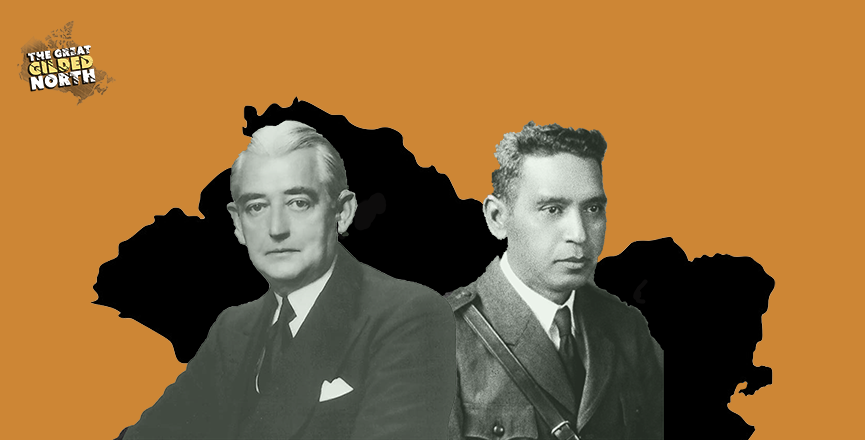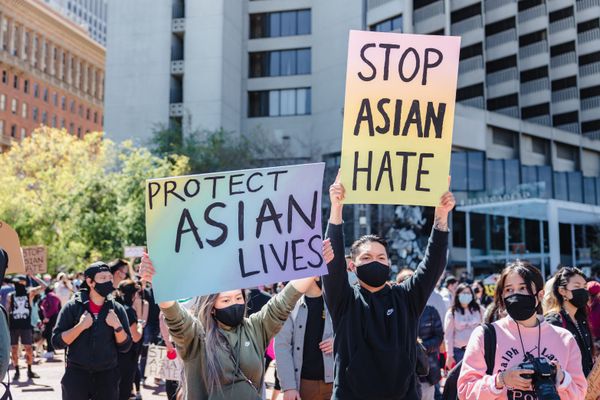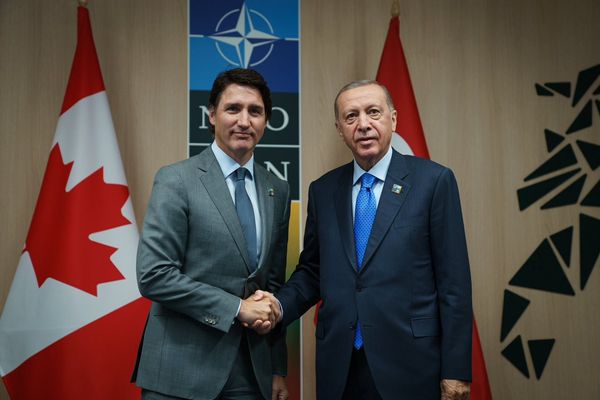From The Maple: In the latest episode of The Maple’s Great Gilded North podcast series, we spoke to Cassandra Kislenko about her recent historical deep-dive into the imperialist massacre behind one of the most recognizable names in Canadian arts, culture and academia: Izaak Walton Killam.
- As Kislenko explained in her article, Killam controlled a monopoly on electrical power in El Salvador in the 1930s. When an alliance of communists and Indigenous peasants launched an uprising against the country’s military dictatorship, Killam called in a favour. What followed is one of the most brutal civilian massacres in this continent’s history.
The slaughter protected Killam’s wealth, which would ultimately go on to fund prestigious academic prizes and research grants in Canadian universities.
- In our conversation, Kislenko explained: “Basically anything but the Indigenous Salvadoran working class was making money off of El Salvador, and Canada just had one really rich guy and a couple of ships, and all we did was stand off to the side and make sure this massacre happened without having to involve ourselves.”
While Canada’s involvement in the massacre meant relatively little to this country’s rich and powerful at that time, it had profound and long-lasting effects on El Salvador’s political culture.
- Kislenko explained: “We effectively killed the people's movement … Canada destroyed the foundation for those movements in a way that took from 1932 to 1979 for the people to have an organ in that country and challenge their government.”
We also discussed Killam’s namesake academic prizes, Canadian mining companies, El Salvador’s political culture today and whether Canada has really changed the way it treats Indigenous peoples since La Matanza.
- Kislenko said: “I don't know how Canadians can look at our history and think that we've changed. There's no event or instance, or even broadly, there's no decade of change where we broke from our settler colonial history where we even took full responsibility for it. Nothing's changed about the way our economy operates, the way that we accumulate capital from other countries, or other nations, including the Indigenous nations within our own country.”
Find the full episode on Apple, Spotify or Google.
Read Kislenko’s original article here.
Editor’s pick of the week: Last week, we published another article in the Great Gilded North series, this time from Jeremy Appel, who took a deep-dive into the powerful oil and gas executives trying to obstruct Canada’s climate goals.
Appel writes: “The Canadian Association of Petroleum Producers (CAPP), the main arm of Canada’s oil lobby, has been full-throated in support of expanding Canadian oil production, including the Trans Mountain project, in addition to promoting a more laissez-faire approach to emissions reduction.”
Read Appel’s full story to learn more about the key players behind that lobby group.
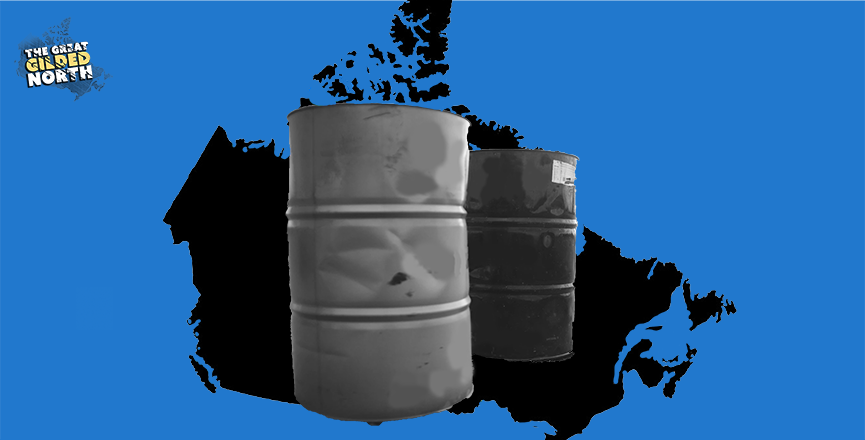
In case you missed it: On Friday, Taylor C. Noakes reported for The Maple that the Postmedia-owned Montreal Gazette apologized to a pro-Israel pressure group for running an Amnesty International ad featuring a teenage Palestinian journalist.
Ketty Nivyabandi, secretary general of Amnesty International Canada’s English section, told Noakes she was deeply troubled by Postmedia’s actions.
“Postmedia’s response should concern everyone in this country," said Nivyabandi. "This is shocking and further silences a young teenage girl who has won the admiration of the world for her remarkable courage and citizen journalism.”
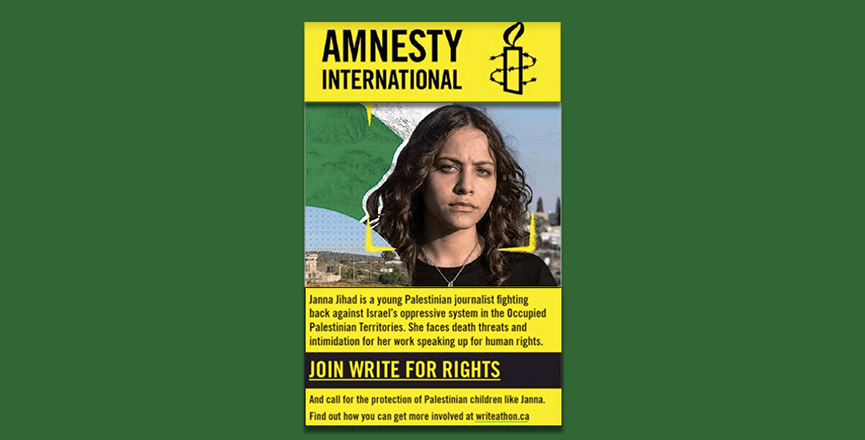
WATCH: CBC News reported last Thursday that B.C.'s chief coroner is calling for better access to safe drugs after the province recorded its highest number of overdose deaths for the second year in a row. More than 2,000 people are expected to die from poisoned drug supply by the end of 2021.
Commentary
- In Passage, Robert Hiltz writes that if Canada were truly serious about defending human rights, then it would boycott all olympic games, not just those held in China. “It’s not just that in some cases the event “sportswashes” the host countries — putting on a welcoming face to the world through sport to cover for domestic misdeeds — but that the event itself is rotten,” writes Hiltz. “The Olympics shouldn’t be regarded as something awarded to countries that supposedly respect human rights, but rather as an event that inherently brings human rights abuses with it, no matter where it’s held.”
Catch Up On Our Latest Newsletters
- Federal Government Failed Migrant Workers During Pandemic, Auditor General Finds.
- Liberal Bill Insufficient To Tackle Over-Incarceration Of Black And Indigenous People, Experts Say.
- Toronto Housing Advocates Call For Seizure Of Empty Properties.


